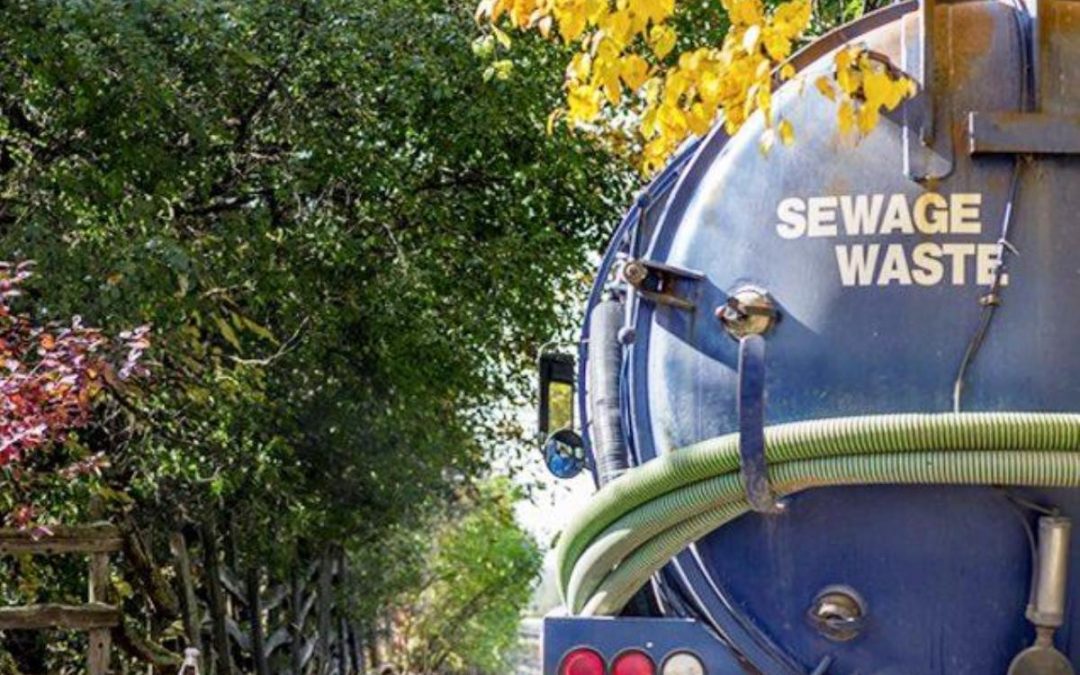The Basic Principles Of Reclaim Waste
The Basic Principles Of Reclaim Waste
Blog Article
Reclaim Waste Things To Know Before You Buy
Table of ContentsA Biased View of Reclaim WasteHow Reclaim Waste can Save You Time, Stress, and Money.Reclaim Waste Things To Know Before You Get ThisAn Unbiased View of Reclaim WasteHow Reclaim Waste can Save You Time, Stress, and Money.
Discover the types, occurrences, and forms of fluid waste. Residential sewage waste describes the waste and products from a property septic container. This kind of waste is developed by humans in residences, colleges, and various other buildings. This only includes septic systems that have a drainpipe area. The proper management and disposal of domestic sewage waste call for liquid waste to be transferred to a sewage treatment plant where the proper approaches and devices are applied to cleanse and deal with waste.
Industrial waste typically includes prospective threats, such as flammable materials or a combination of liquid and solid waste products, and calls for an advanced and detailed disposal process. The disposal of industrial waste generally involves the filtration of waste before transportation to make certain risk-free and proper disposal. Hazardous waste is created from by-products and overflow of industrial procedures and production.
This kind of waste can not make use of the same sewage administration transportation or processes as septic or industrial fluids. The hazardous waste management process requires the assessment and testing of fluid waste before it undertakes the disposal process (liquid waste removal melbourne). Runoff waste is the fluid waste that comes from runoff and excess stormwater in highly inhabited locations or cities
Drainage waste can cause contamination and flooding otherwise dealt with appropriately. Discover more concerning drain cleansing and waste administration. Ensuring appropriate waste management can stop calamities and reduce environmental damage. Both individuals in residential setups and professionals in industrial or production industries can profit from comprehending the processes and guidelines of fluid waste monitoring.
Our Reclaim Waste Statements
Call PROS Solutions today to find out about our waste monitoring and disposal services and the correct means to take care of the fluid waste you produce.
(https://www.mixcloud.com/reclaimwaste1/)This supposed 'wastewater' is not just a vital resource yet, after treatment, will certainly be launched to our land, waterways or the ocean. Utilized water from toilets, showers, bathrooms, kitchen sinks, washings and commercial processes is understood as wastewater.

water utilized to cool down equipment or tidy plant and equipment). Stormwater, a form of wastewater, is runoff that flows from agricultural and metropolitan areas such as roof coverings, parks, gardens, roadways, paths and gutters into stormwater drains pipes, after rainfall. Stormwater streams without treatment straight to local creeks or rivers, ultimately reaching the sea.
Reclaim Waste for Dummies
In Queensland, the majority of wastewater is treated at sewage treatment plants. Wastewater is transported from domestic or industrial websites through a system of drains and pump terminals, recognized as sewerage reticulation, to a sewer treatment plant. City governments build, keep and run most sewer treatment plants. Operators are licensed under the Environmental Management Act 1994 to release cured wastewater at an appropriate ecological criterion into waterways.
The Department of Natural Resources recommends local federal governments about managing, operating and keeping sewerage systems and therapy plants. In unsewered areas, city governments may call for owners to set up specific or home sewer therapy systems to deal with residential wastewater from toilets, kitchen areas, washrooms and laundries. The Division of Natural Resources authorises the use of home systems when they are shown to be reliable.
The majority of stormwater gets no therapy. In some new neighborhoods, treatment of some stormwater to remove trash, sand and gravel has begun using gross toxin catches. Wastewater therapy occurs in 4 stages: Eliminates strong matter. Larger solids, such as plastics and various other things mistakenly discharged to drains, are eliminated when wastewater is passed with displays.
Makes use of tiny living organisms recognizes as micro-organisms to break down and remove staying dissolved wastes and great fragments. Micro-organisms and wastes are integrated in the sludge.
What Does Reclaim Waste Do?
Nutrient elimination is not offered at all sewage treatment plants since it requires expensive specialised tools. Clear fluid effluent created after treatment may still contain disease-causing micro-organisms - liquid waste removal.

The majority of wastewater moves right into the sewage system. Under the Act, regional governments administer approvals and permits for ecologically relevant activities (Periods) including wastewater launches that may have a local effect.
Top Guidelines Of Reclaim Waste
Or else, examples are considered laboratory evaluation. Typically numerous tests are needed to establish the degrees of each of the various contaminants such as oils, heavy metals and chemicals in water. Tracking offers valid information about water high quality and can validate that licence conditions are visit this web-site being fulfilled. The info gotten through monitoring gives the basis for making water quality decisions.
Report this page